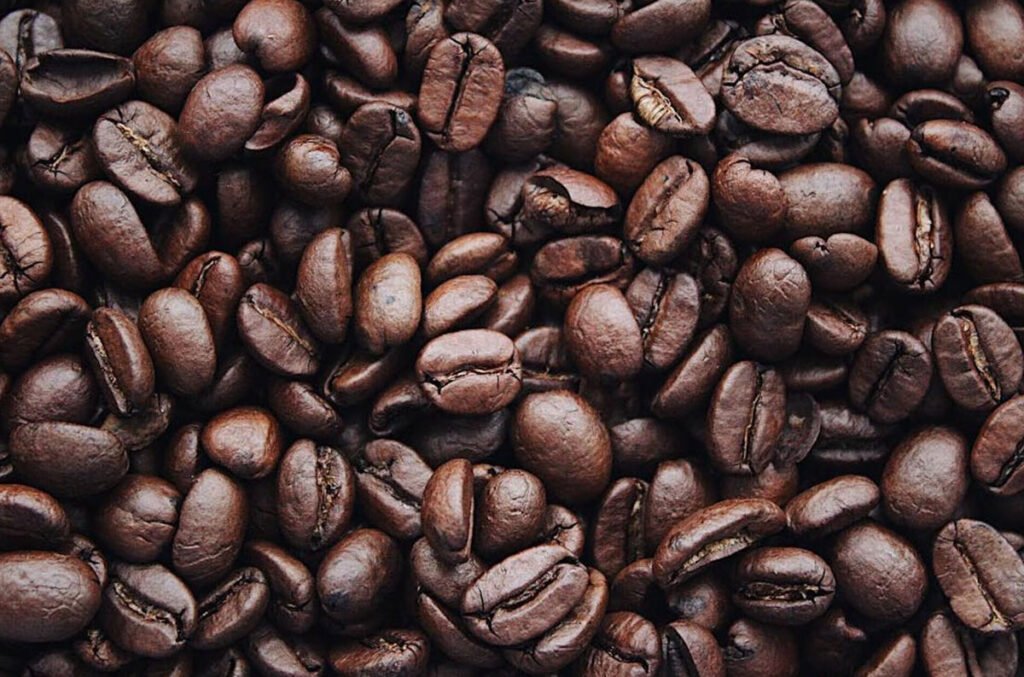There’s a special kind of optimism that hits when you decide to “cut back on caffeine.” You picture yourself gliding through mornings like a serene monk, sipping herbal tea while your circadian rhythm applauds. But fast-forward two days, and your skull feels like a construction site, your motivation has joined the witness protection program, and suddenly, the barista at your usual spot looks like an angel with a milk frother.
Quitting coffee sounds noble—until your brain reminds you who’s really in charge.
The Jittery Mornings When You Swore Coffee was the Problem
It probably started with one of those mornings where your hands shook just enough to make you Google “early-onset anxiety.” You blamed coffee. It had to be the culprit, right? One less cup, you thought, and you’d feel calmer, more grounded—maybe even enlightened.
But caffeine isn’t just a beverage—it’s a lifestyle. It’s the comforting ritual before chaos, the liquid permission slip to function like a person with deadlines. The moment you skip it, your brain protests. Hard. That dull ache behind your eyes? Withdrawal. That fog that makes your emails sound like caveman scribbles? Also withdrawal.
You swore you’d be fine. You weren’t.
What Happens When You Experiment With Brain-Boosting Alternatives
Enter the “I’m going natural” phase. You dive into adaptogens, ginseng, L-theanine, maybe a mushroom blend that smells faintly like compost. The internet promises sharper focus, fewer crashes, and—this part gets you every time—a “smoother energy curve.” You almost believe it.
Here’s the twist: your brain has been conditioned to associate productivity with that sharp caffeine jolt. It wants the buzz, not the balance. Still, if you choose wisely, you might find something that actually supports cognitive function without the crash. This is where top-rated nootropic supplements can sneak in and make a real difference—supporting mental clarity, focus, and motivation without hijacking your sleep or sanity.
But let’s be honest: your brain’s first reaction will be, “Cool story, where’s my latte?”
How Your Caffeine Break Turns Into a Mini Identity Crisis
There’s something strangely existential about standing in your kitchen at 7 a.m. staring at a mug of chamomile tea. You start asking yourself questions you weren’t prepared for—like, who am I without my morning coffee? What do I even do with my hands now? Why does life feel less cinematic without that steamy cup in the frame?
The truth is, coffee isn’t just a stimulant; it’s a ritual of belonging. Office culture, catch-ups, first dates—all caffeinated. Giving it up feels like you’ve been exiled from a social club you didn’t know you joined. You might even try to fake it with decaf (until your taste buds riot).
The Rebound: When “Just One Cup” Becomes Three
Eventually, curiosity, or desperation, wins. You cave. “Just one cup,” you whisper, like a character in a bad rom-com about self-control. One cup turns into two, maybe three, because your tolerance evaporated while you were busy “healing.” Suddenly, you’re vibrating with productivity again, ready to take on the world, and all those caffeine-free promises feel like a bad dream.
And you know what? That’s okay.
Because maybe the point isn’t to quit coffee completely. Maybe it’s to understand why you need it—and what else your brain might respond to once it stops panicking. Moderation, hydration, sleep—boring but real. Coffee can stay, just with boundaries.
Final Sip
You can quit coffee, sure, but only if you’re ready to confront your caffeine-loving alter ego. Otherwise, you’ll keep finding your way back to that warm, familiar cup, convincing yourself this time it’s “just for the aroma.” Your brain knows better.
And honestly? It’s not mad about it.

